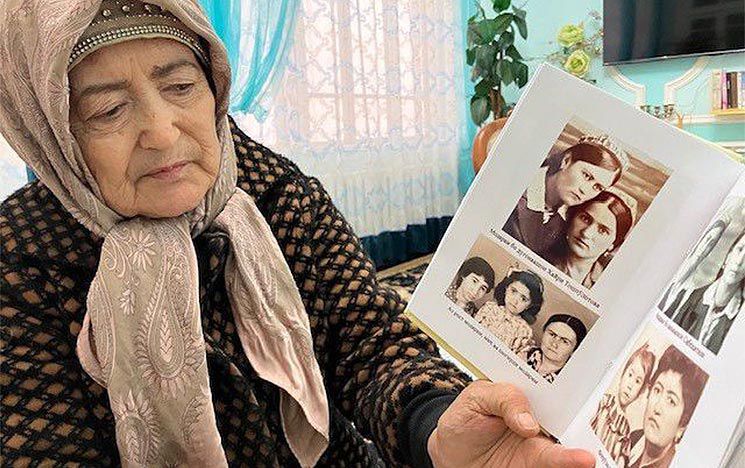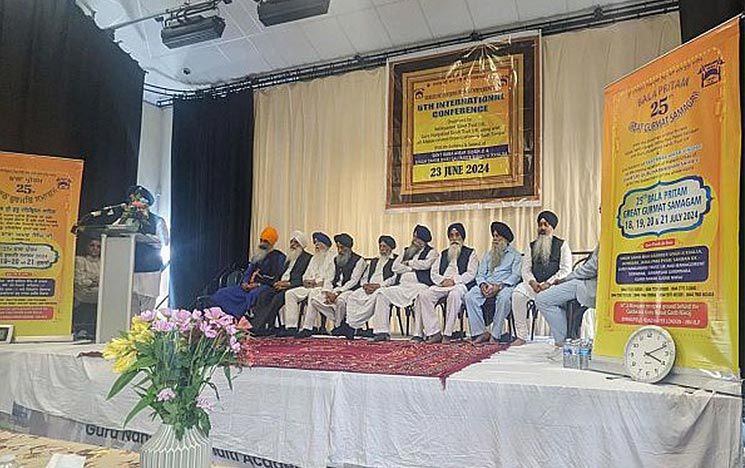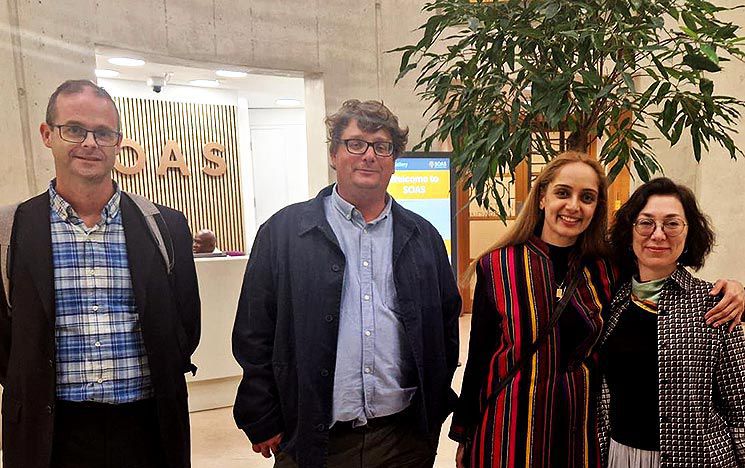The Afterlives of Urban Muslim Asia: Alternative Imaginaries of Society and Polity
Find out about a project exploring the urban legacies, heritage and culture of the diaspora of Muslim Asian countries.
Introduction
In the context of upheaval in Muslim Asia, studies of the region's urban centres and migrant communities can offer critical insights into identities that transcend sectarian and national identity and enable greater sensitivity in heritage preservation.
Yet, it is widely accepted that conflict and large-scale migrations over the past century, of minorities and Muslims, has led to 'decosmopolitanisation'. This project will provide new empirical data and analysis of Muslim Asia's legacy of cosmopolitan urban living in the context of migration and conflict. Its empirical focus is on four cities: Herat, Kabul, Aleppo, and Bukhara. It will explore the experiences of ethno-religious minorities and the extent to which legacies of cosmopolitan urban life remain a vital aspect of the cities' Muslim populations. We anticipate that by doing so the project will enable greater sensitivity in urban heritage policy and have a transformative effect on public perceptions about Muslim Asia.
The project is a collaboration between the University of Sussex (School of Global Studies and the Sussex Asia Centre), the University of Copenhagen (Department of Cross-Cultural and Regional Studies), and the University of Cambridge (Faculty of Asian and Middle Eastern Studies and the HRH Prince Alwaleed Bin Talal Centre of Islamic Studies). The project’s partner in Afghanistan is the Afghanistan Institute of Strategic Studies.
Explore project
Funding
This project started in January 2022 and is funded by a grant from the AHRC.



